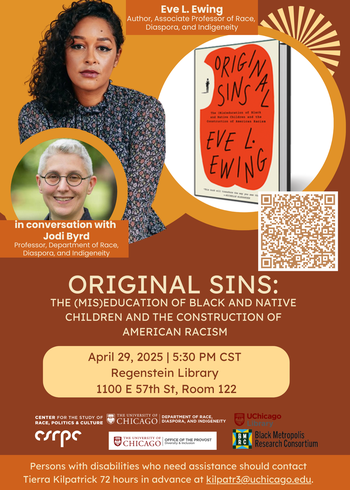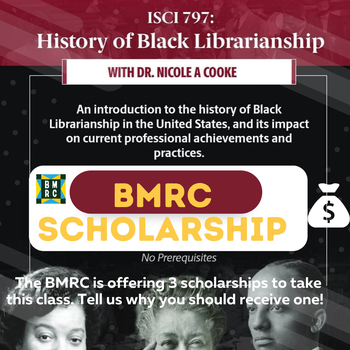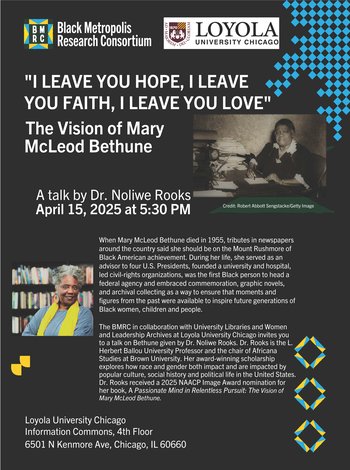Who we are
The Black Metropolis Research Consortium (BMRC) is an expanding consortium of Chicago-based archives, libraries, and museums. Its mission is to connect all who seek to document, share, understand and preserve Black experiences. Through archival processing initiatives, research fellowships for scholars and artists, archival internships for students, and diverse public programming, the BMRC facilitates increased awareness of the experiences of African American and other African diaspora communities through expanding access to its members’ holdings of materials that document African American and African diaspora culture, history, and politics, with a specific focus on materials relating to Chicago.
Learn more about usWhat does the Black Metropolis Research Consortium (BMRC) do?
DISCOVER COLLECTIONS ON BLACK EXPERIENCES
Find out about many of Chicago's rich primary resources related to Black history and culture now made accessible in one place!
Explore our Archives CollectionRecent News

Original Sins: The (Mis)Education of Black and Native Children- April 29, 2025
The BMRC is honored to co-sponsor Dr. Eve Ewing's discussion of her new book, "Original Sins: the (Mis) education of Black and Native Children"

BMRC Scholarships for History of Black Librarianship Course
The BMRC is pleased to offer three scholarships for members of the public to enroll in the History of Black Librarianship course.

" I Leave You Hope, I Leave you Faith, I Leave you Love" The Vision of Mary McLeod Bethune - April 15, 2025
On April 15, 2025, The BMRC in collaboration with University Libraries and Women and Leadership Archives at Loyola University Chicago invites you to a talk on Mary McCleod Bethune given by Dr. Noliwe Rooks.
Stay in Touch!
Sign up for our newsletter or view the newsletter archive